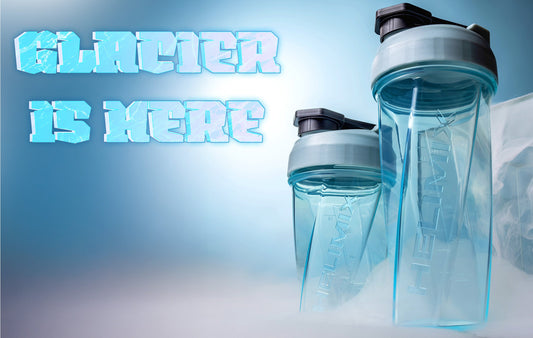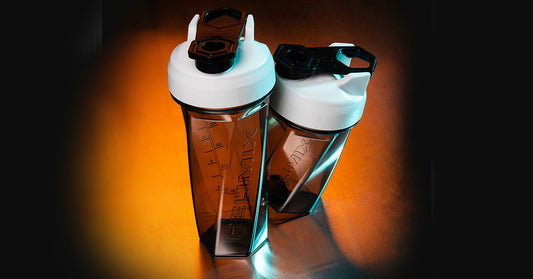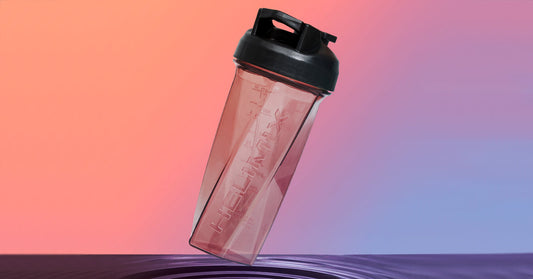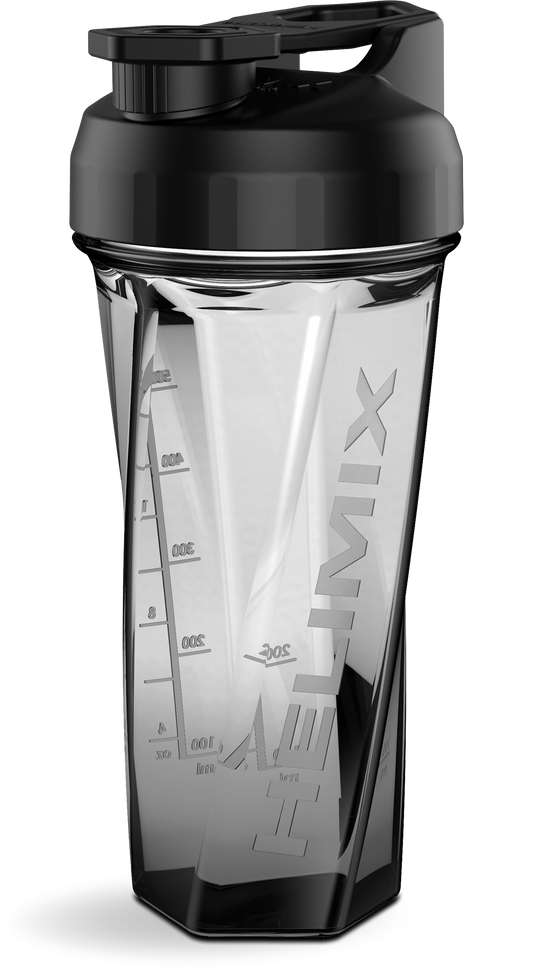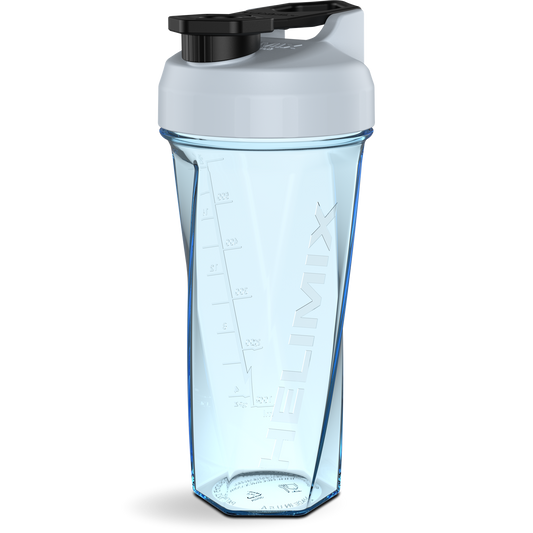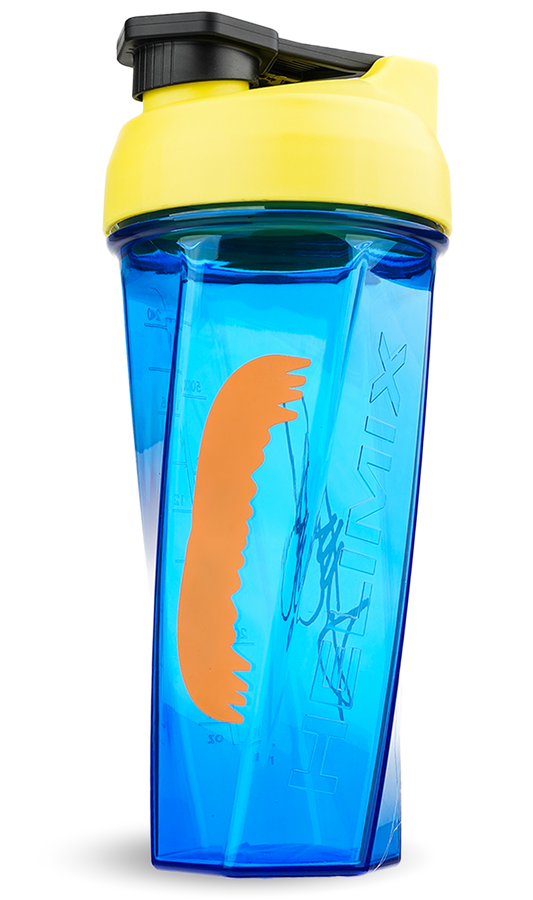In your journey to improve your health and achieve fitness goals, having accurate information is crucial. However, diet myths have spread widely, driven by fad trends, social media, and outdated studies. We’re here to bust some of the most common diet myths and replace them with evidence-based facts to help you make better decisions and stay on track.
Myth 1: Carbohydrates Are Bad for You
Fact: Carbohydrates are a key energy source for the body. They fuel everything from daily activities to intense workouts. Carbs are categorized into simple and complex carbohydrates:
Simple Carbs: Found in fruits, white rice, and potatoes, they provide quick energy. They are ideal post-workout to restore glycogen levels.
Complex Carbs: Examples include whole grains, oats, and brown rice. These are digested slowly, providing long-lasting energy and helping maintain stable blood sugar levels.
The problem arises when simple carbs are consumed in excess without physical activity, which can lead to fat storage. However, cutting out carbs entirely can result in low energy levels and decreased performance during exercise. Aim for a balanced intake that prioritizes complex carbs.
Myth 2: Skipping Meals Helps with Weight Loss
Fact: Skipping meals may reduce your calorie intake in the short term, but it often leads to overeating later due to increased hunger. This can cause spikes in ghrelin, the hunger hormone, leading to cravings for high-calorie foods. Instead of skipping meals, focus on smaller, well-balanced meals throughout the day to keep your metabolism steady. Replacing a meal with a protein shake can be a convenient option, especially when using a Helimix shaker for a smooth blend of your supplements.
Myth 3: Low-Fat Foods Are Better for Weight Loss
Fact: While low-fat diets became popular in the 1990s, research now shows that healthy fats are essential for nutrient absorption, brain function, and overall health. Many low-fat or fat-free products compensate for lost flavor by adding sugars, leading to higher calorie content. Rather than avoiding fats altogether, focus on healthy fats like Omega-3s, which support heart health. Foods like fish, avocados, and nuts are great sources of these beneficial fats.
Myth 4: You Can’t Eat After 8 PM
Fact: The idea that eating late leads to weight gain is largely a myth. It’s not the timing but rather what and how much you eat that matters. Eating balanced meals at night can be beneficial, especially for those with busy schedules. However, it’s important to avoid high-sugar and high-fat snacks close to bedtime, as they can disrupt sleep.
Myth 5: Detox Diets Are Essential for Weight Loss
Fact: Detox diets promise to flush out toxins and jumpstart weight loss, but there’s little evidence supporting their effectiveness. The body naturally detoxifies itself through the liver, kidneys, and digestive system. Instead of relying on extreme cleanses, focus on a balanced diet rich in fiber, antioxidants, and hydrating foods like fruits and vegetables. This approach is more sustainable and supportive of overall health.
Myth 6: All Calories Are Equal
Fact: While calories are a measure of energy, the source of the calories makes a difference in how the body processes them. For example, 100 calories from protein can help build muscle and support recovery, whereas 100 calories from sugar can lead to quick energy spikes followed by a crash. Quality matters when it comes to calories, so focus on nutrient-dense foods that support your goals.
Myth 7: You Should Avoid All Snacks
Fact: Snacking can actually be a healthy part of your diet if you choose nutritious options like nuts, fruits, or yogurt. Snacking between meals can prevent overeating and help maintain energy levels throughout the day. The key is to plan snacks wisely and avoid processed foods high in sugar and unhealthy fats.
For Better Results Focus on Balanced Nutrition, Not Myths
In a world full of diet trends and conflicting information, it’s crucial to rely on evidence-based insights when making choices about your health. Carbs can be part of a balanced diet, fats are not the enemy, and a flexible approach to eating can help you achieve long-term success. Prioritize whole foods, balance your macronutrients, and listen to your body’s needs. With the right information, you can create a sustainable path to better health.
A Helimix shaker bottle can be a helpful tool for blending your protein shakes or meal replacements as part of your balanced diet, ensuring smooth, clump-free results every time.
References:
AARP - Top 10 Nutrition Myths, Debunked: https://www.aarp.org/health/healthy-living/info-2024/nutrition-myths.html
Everyday Health - 20 Popular Food and Nutrition Myths You Shouldn’t Believe: https://www.everydayhealth.com/nutrition/popular-food-and-nutrition-myths.aspx
British Heart Foundation - Dieting Myths: https://www.bhf.org.uk/informationsupport/support/healthy-living/healthy-eating/dieting-myths
Healthline - The Top 20 Biggest Nutrition Myths: https://www.healthline.com/nutrition/top-nutrition-myths
WebMD - Trying to Eat Healthy? Ditch These 5 Food Myths: https://www.webmd.com/diet/ss/slideshow-food-myths




